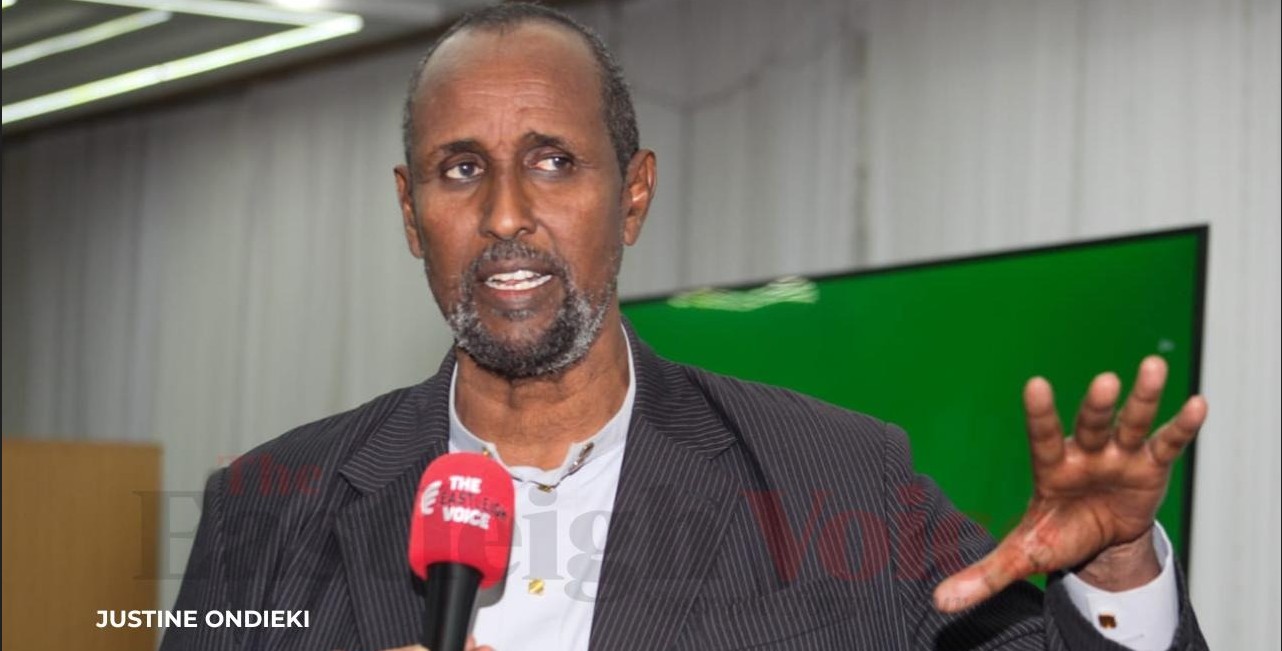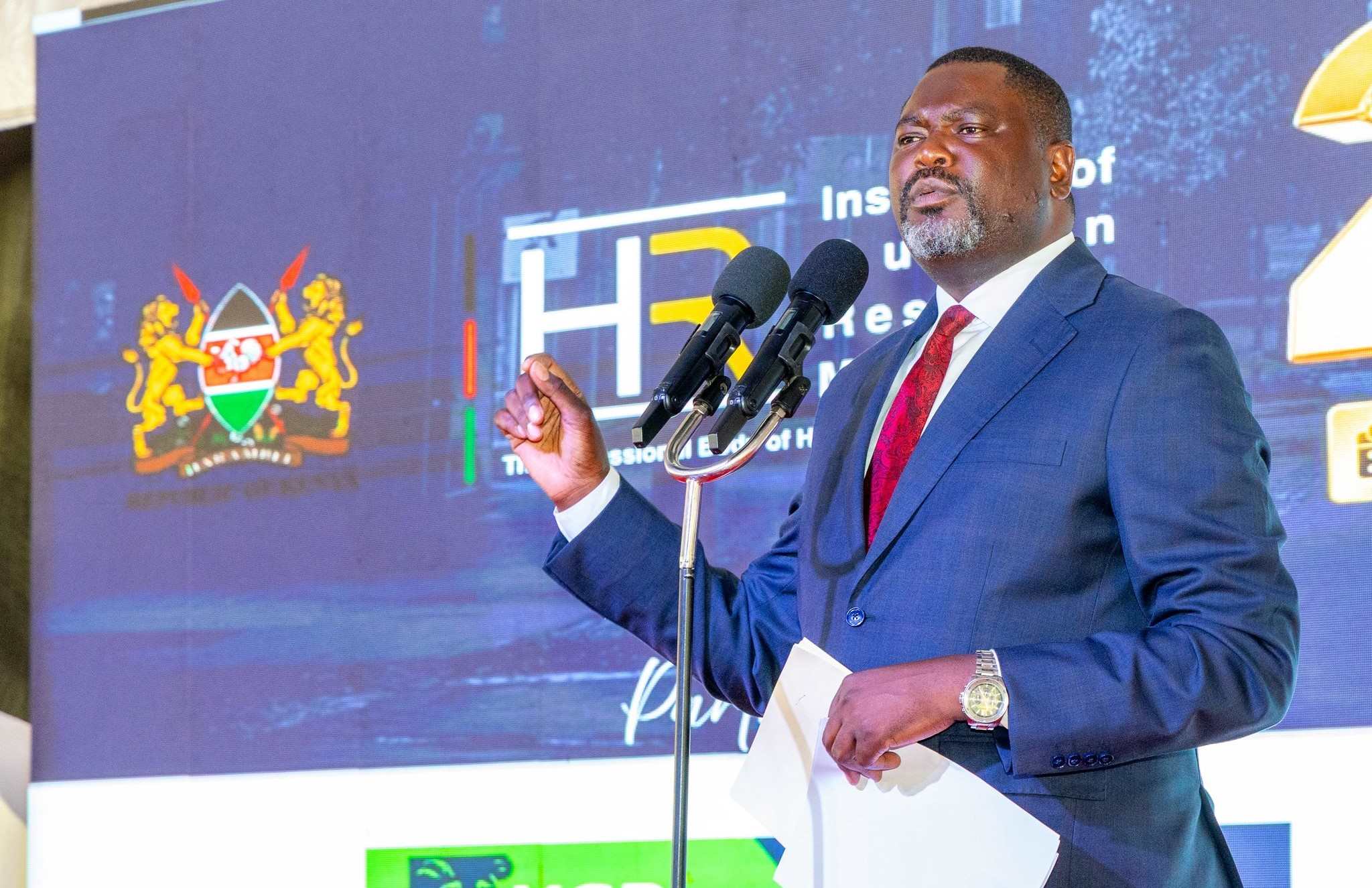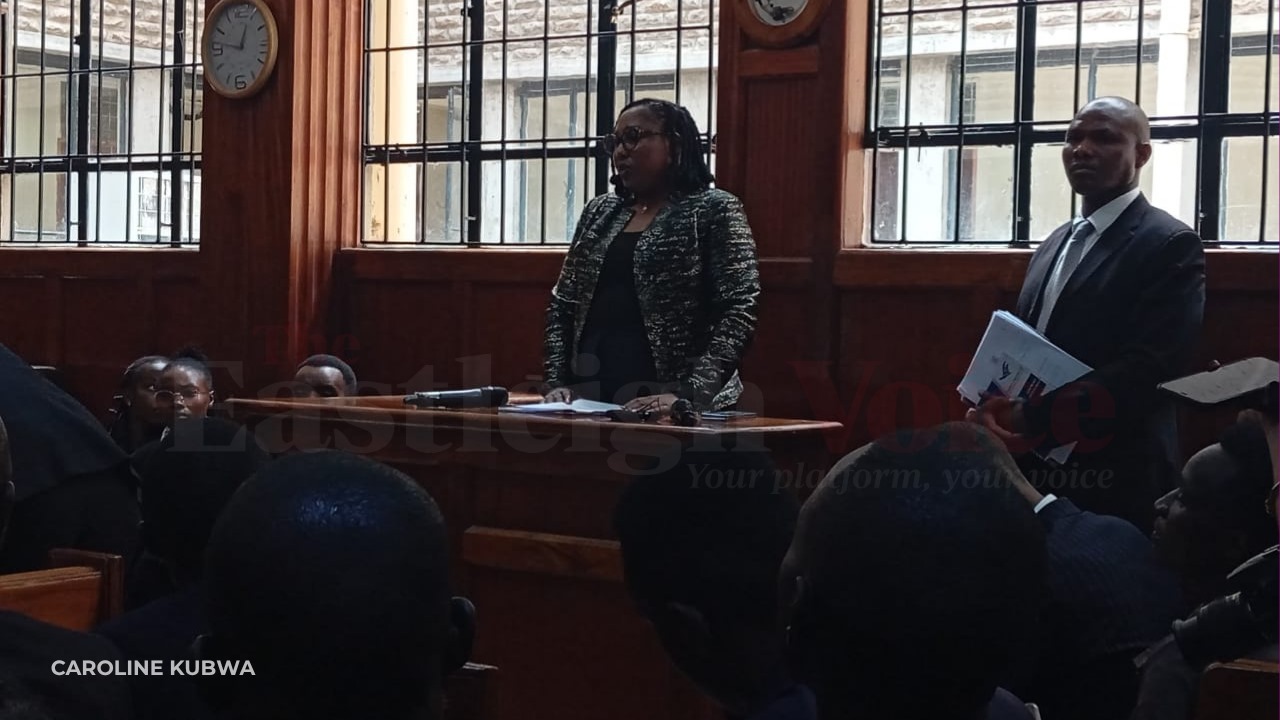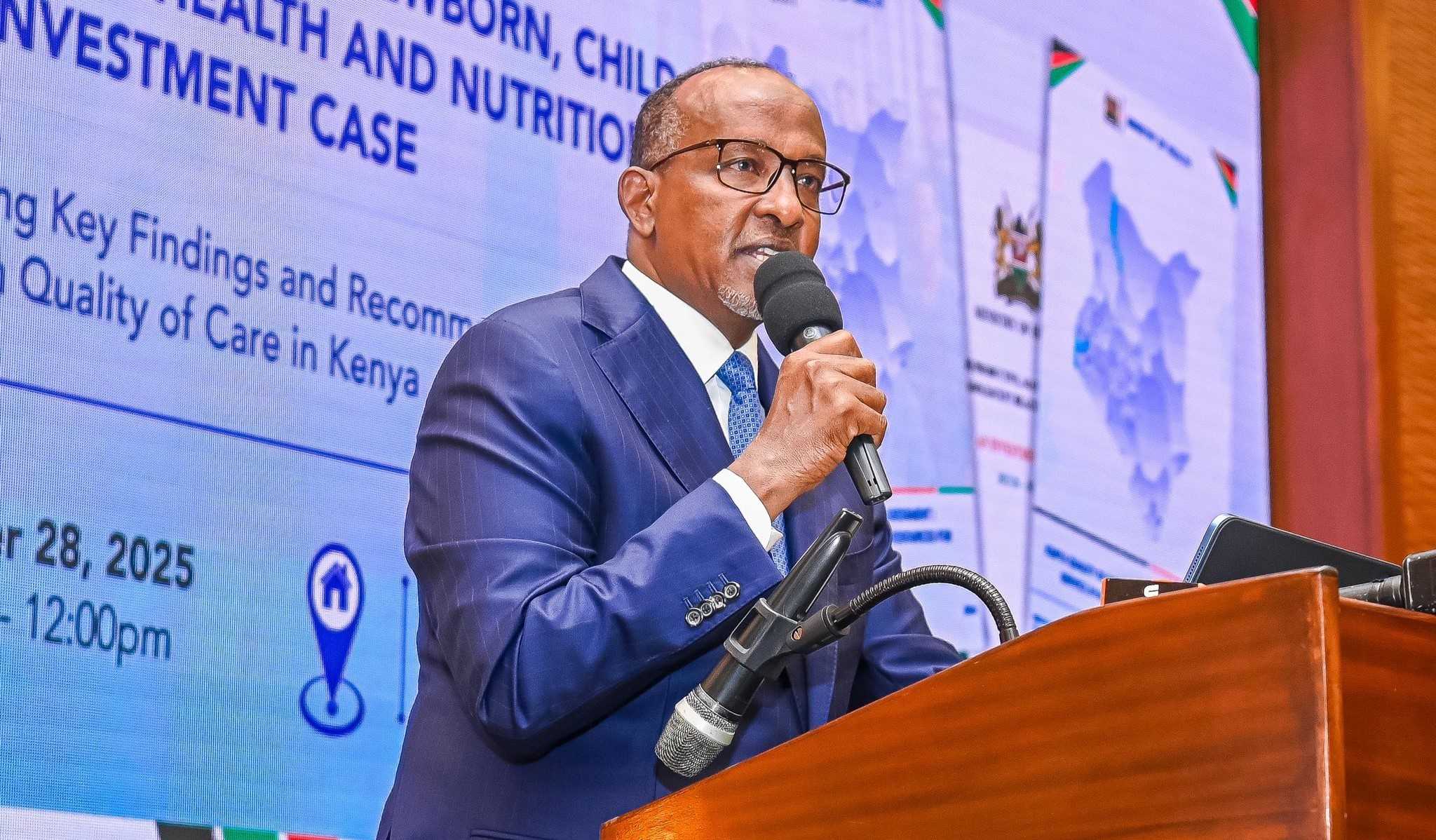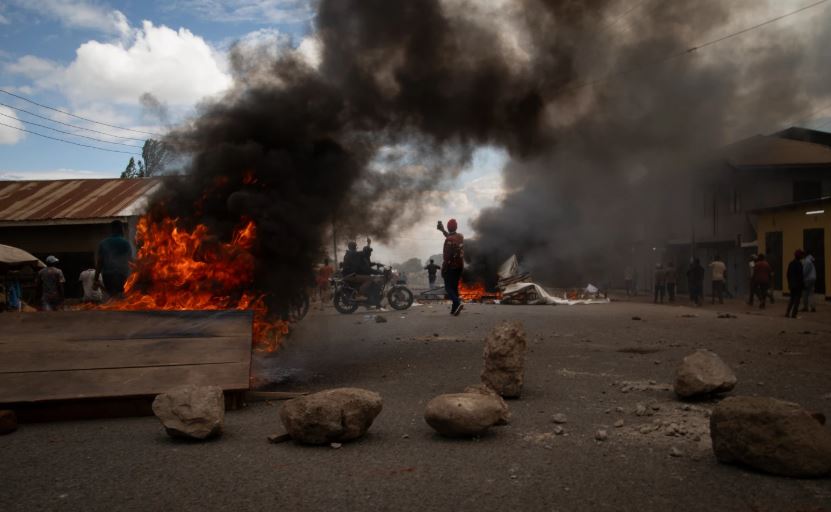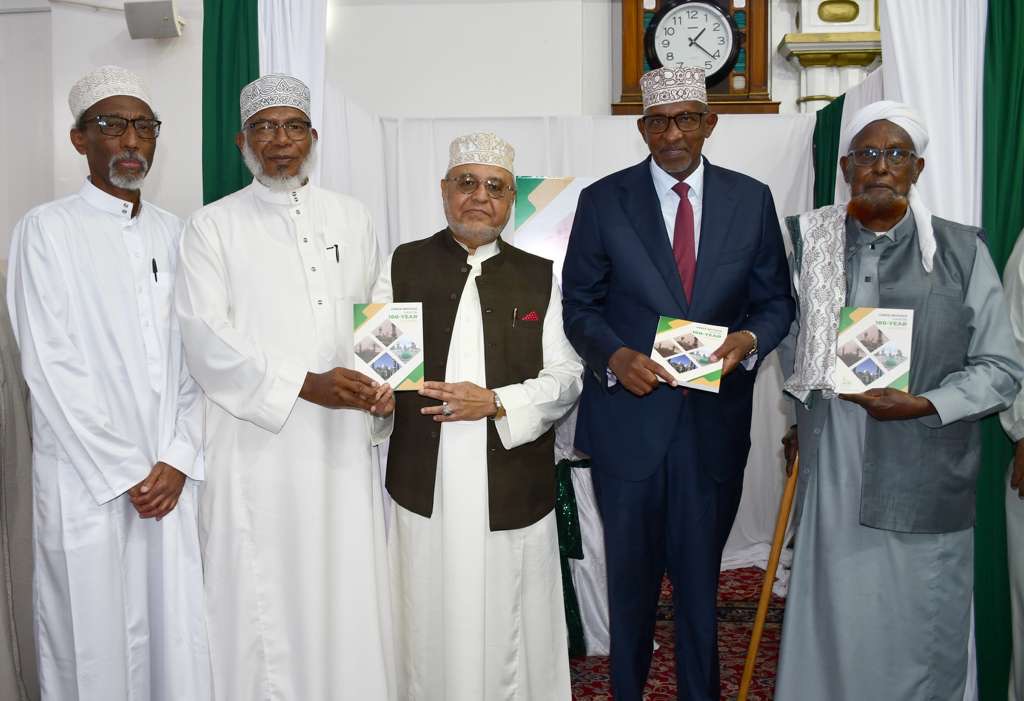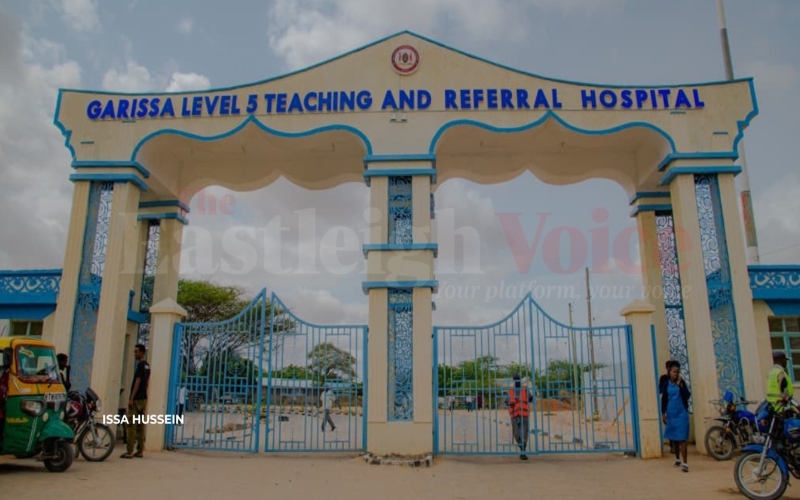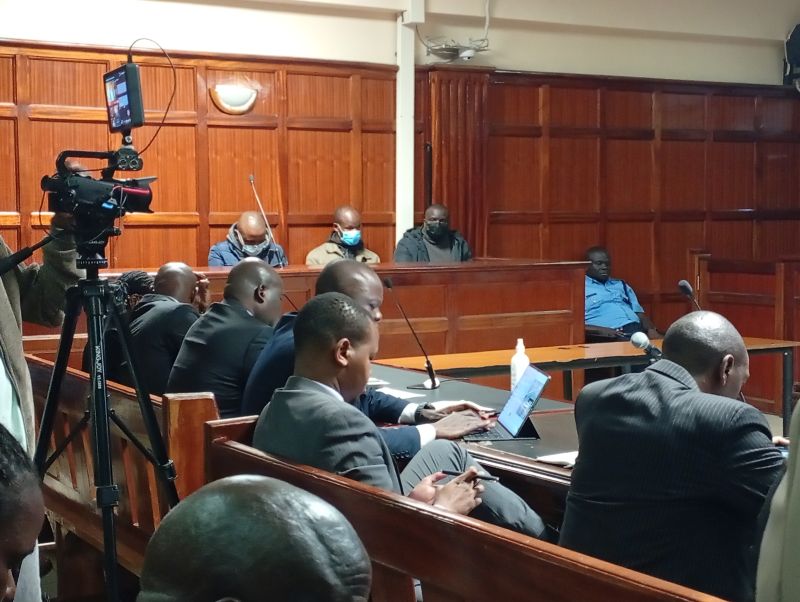Sudan war: Mass killings prompt fears of a new Darfur genocide

More horrific reports of atrocities against civilians in el-Fasher came on the third day after the paramilitary Rapid Support Forces seized control.
"The sick and injured were executed in cold blood," the Sudanese Coordination of Resistance Committees, a non-governmental organisation, stated two days after the Rapid Support Forces (RSF) seized control over the city of El Fasher, the capital of North Darfur, Sudan.
According to the NGO, RSF fighters had either killed everyone or left them to die in the city's Al Saudi Hospital.
More To Read
- Reports reveal British weapons used by Sudan’s RSF to commit atrocities
- Reported massacre at hospital in Sudan’s El Fasher leaves 460 dead
- Amnesty International urges RSF to end El Fasher siege, as WHO calls for immediate ceasefire
- Tawila overwhelmed as El Fasher exodus deepens Darfur crisis
- Five aid workers killed, three missing after attack in Sudan’s North Kordofan
- Sudan expels two senior World Food Programme officials amid escalating tensions
Satellite images analysed by the Humanitarian Research Lab of the Yale School of Public Health confirm that since last weekend, a "cluster of objects consistent with the size of human bodies and reddish ground discoloration" appeared outside hospitals in El Fasher.
Several sources indicate that up to 2,000 civilians have been killed in the past three days.
Reports from the ground remain difficult to obtain as the RSF has turned off satellite communication for the population.
A woman who managed to flee El Fasher told DW on Wednesday that "the RSF took everything we owned, they even searched our underwear and left us with nothing — no money, no phones."
"They conducted military tests on people, and if they discovered that someone had any knowledge of or connection to military matters, they were immediately executed," she said.
What to know about the Sudan conflict
The current mass killings are the latest escalation of the conflict in Sudan, which broke out in April 2023. At the time, the Sudanese Armed Forces (SAF), under the command of General Abdel Fattah al-Burhan, and the RSF, led by Mohamed Hamdan Dagalo, also known as Hemedti, fell out over the integration of the militia into the national forces.
Since then, Sudan has been shattered by war. According to the International Rescue Committee, the gold- and oil-rich country with its vast fertile grounds has become the site of the world's largest humanitarian and displacement crisis ever recorded.
Of the 51 million population, around 14 million have been displaced. Famine is widespread, as is cholera and other diseases. International bodies believe that up to 140,000 people have been killed.
After seizing El Fasher, the RSF's territorial control now covers Darfur and parts of the south, whereas the SAF controls the country's capital, Khartoum, and the country's north and center.
What has the RSF said?
International humanitarian organisations demand that the RSF establish humanitarian corridors for the approximately 177,000 people who have been unable to leave the city.
"With the SAF withdrawing and especially those civilians who supported the SAF now trying to flee, the RSF has a vested interest in humiliating the SAF by taking it out on the civilians," Hager Ali, a researcher at the German think tank GIGA Institute for Global and Area Studies, told DW.
"The RSF is also trying to intimidate and scare civilians into obedience in areas they control."
In March, the RSF and other armed groups formed the Sudan Founding Alliance (TASIS). Since then, TASIS has been tasked with establishing the "Government of Peace and Unity" for Darfur and parts of the south where the RSF holds sway.
TASIS stated on X, "We … reiterate our position that we condemn any violations and we are working continuously to stop them.
"But the following must be clarified: Many of the videos of violations that are circulating on social media platforms are fabricated by the media of the Islamic movement, mercenaries from the joint forces, and others."
However, Leena Badri, a Sudanese Policy Researcher, told DW that this is no more than an attempt by TASIS "to achieve political legitimacy for the foundation of their parallel governance structures."
The RSF's violent origins
Both sides have been accused of committing human rights violations throughout the conflict. The outgoing US administration under President Joe Biden imposed sanctions on both generals. The RSF was accused of committing genocide and grave human rights violations, while the SAF was accused of committing lethal attacks against civilians and of undermining the goal of a democratic transition.
"The RSF are not more brutal than any other force on the planet. However, the difference with the RSF is that these are systematic policies of genocide," Shayna Lewis, a Sudan specialist and senior advisor at PAEMA, a US-based non-governmental atrocity prevention organisation, told DW.
"The unrestrained killing of patients and medical staff in hospitals is the modus operandi of the RSF," she said, adding that the RSF has always been a genocidal force.
The RSF evolved from the Janjaweed militia that became known for its extreme violence in Darfur between 2003 and 2005. At the time, the Arab-origin cavalry militia of then-president Omar al-Bashir killed around 300,000 civilians, whom they considered not Arab but African. The International Criminal Court (ICC) prosecutor, the UN and many states determined that genocidal acts were committed in early 2003.
Where does the Arab world stand?
Observers have long pointed out that the international allies of the warring sides largely determine whether the war in Sudan ends or continues.
The RSF are allegedly supported by arms deliveries from the United Arab Emirates (UAE) through neighbouring Chad. The UAE denies the allegations, though evidence in the form of UAE-produced arms indicate the opposite.
The SAF, on the other hand, is backed by Egypt and Qatar, while Saudi Arabia claims to be neutral in the conflict.
What role does gold play?
"Darfur is a priority for the RSF not only because it is their home turf, but also because that region is home to important resources like gold," Ali, the GIGA institute researcher, said.
"Gold is needed to evade sanctions and buy weapons," she continued, adding that the proximity to border crossings with Libya and Chad is key.
"To buy and transport weapons and ammunition from these countries, the RSF wants to get the civilian population in Darfur under control."
Top Stories Today

